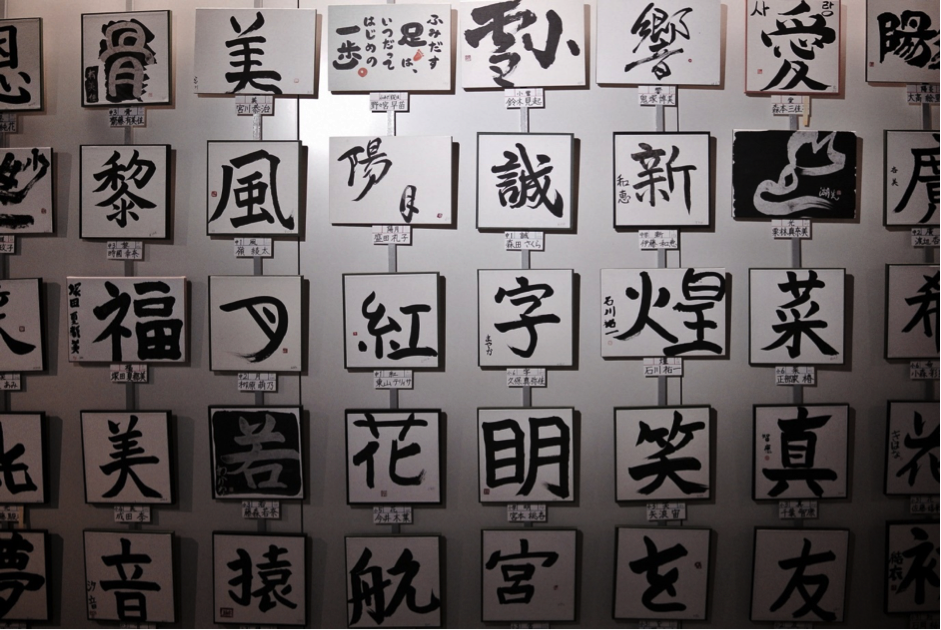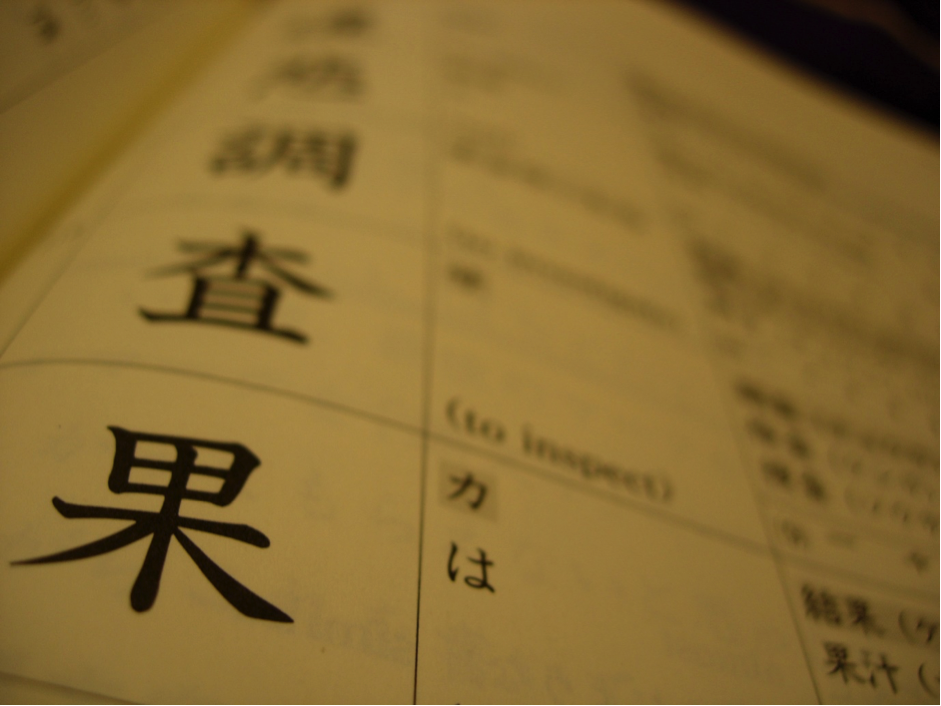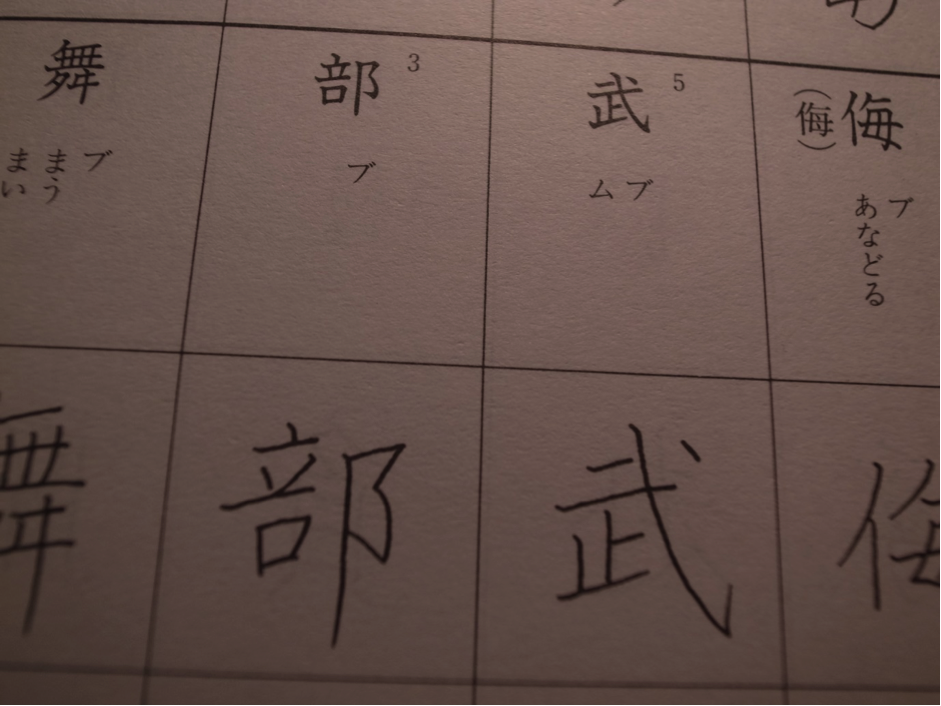It wasn’t exactly a promising start. I started learning Japanese at the age of 19, a bilingual Singaporean who barely passed my French classes and retained absolutely none of the material. In other words, language learning isn’t really my strength or my forte. The dreaded kanji characters were a serious struggle for me.

But now, about four years later, I can read Japanese well, although writing Kanji can still be difficult for me. It sounds like a long time, but remember that it takes Japanese students from kindergarten to the last year of high school to attain this basic fluency. There is no way to make learning Kanji easy and I cannot deny that fact.
However, I do have some tips that I think could have saved me time, and I would like to share them with you. Well, first things first – why subject yourself to learning Kanji?
Why You Should Learn Kanji

Of course, you don’t need to learn kanji in order to speak Japanese fluently. Many Japanese learners don’t bother with it at all. You could just learn Japanese by watching dramas. But I think it’s important to learn kanji for several reasons.
Reading Skills
First, learning to speak any language involves learning to read it as well. You don’t really know the language unless you’re literate in it. This is taken for granted with languages like Spanish or German that use the same alphabet as English. But learners of languages that don’t, like Arabic and Korean, also need to put in the time learning to read. Unfortunately for Japanese learners, this means getting your head twisted around by the confusing world of kanji.
Learn New Vocabulary
Second, learning kanji helps you better understand new vocabulary. When you learn new words, you can guess at meanings if you know the kanji. Kanji is similar to the affixes we have in English. For example, if you see a word starting with “re-” you know it means “again.” A word starting with “un-” means “not” and a word ending with “-able” means “can.” Kanji characters are like these affixes. Each has its own meaning and if you know these meanings, it’s easier to understand new words.
A Survival Skill
Finally, if you ever plan to live in Japan, learning kanji is more than just a language skill. It’s a survival skill. You’ll need it to find your way around. You’d be surprised at how few signs there are in English, especially once you get outside of major cities.
How to Study Kanji – The Overall Approach

I wish I could share with you a simple, easy, idiot-proof kanji learning method that you can do in your sleep, but that’s just not the case. Learning kanji involves a two-pronged attack: 1) Drilling and rote memorisation and 2) real-life interaction.
Drilling and Rote Memorization
Drilling isn’t any fun but it gets the job done. I learned kanji mainly by using flashcards. I would spend a half an hour a day where I would learn seven new kanji characters and drill ones I’d learned previously. I would drill meanings and readings. It’s easy to remember the meanings but much tougher to remember readings, especially considering that most have two (some have more). When there was one I knew completely, I took it out of the deck.
Real-Life Interaction
You also need to balance your daily drilling with some real-life kanji study. Rote memorisation isn’t enough to make it stick. When Japanese kids learn kanji, they’re not just drilling characters in a vacuum. As they learn new characters, they’re surrounded by them. You should do this too, as much as you possibly can. You’ll also get an idea of exactly how each is used and this will reinforce the meaning for you. You’ll make connections and this helps you learn.
In any case, if you are reading this, then most likely you are planning to stay in Japan as either a Japanese language student or an international university student. In either case, you will be subjected to learn Japanese, and therefore, you have to learn Kanji. When it comes to this point, just don’t give up. Find a method that you think suits your style and keep on practicing it. Remember, practice makes perfect.










